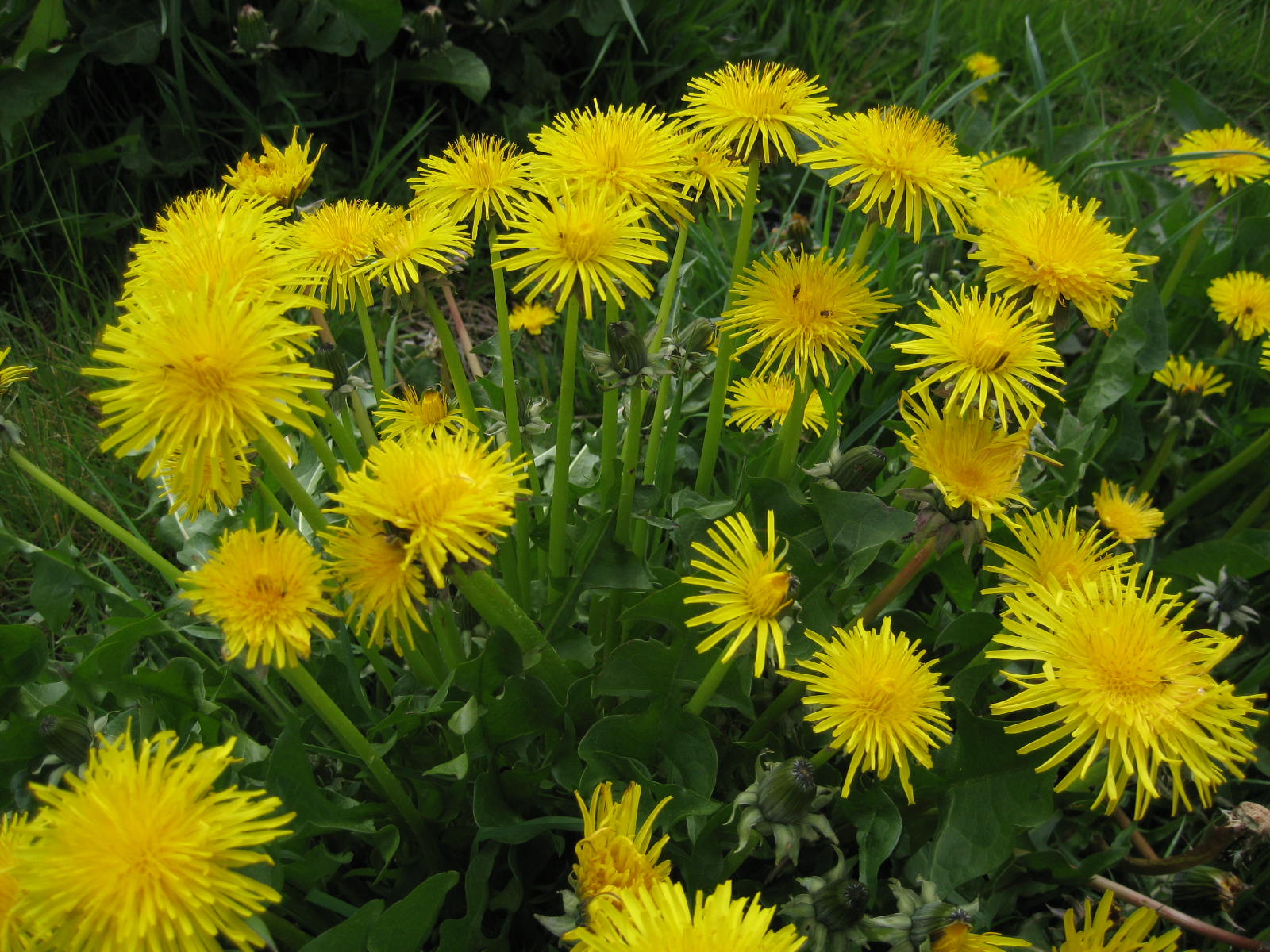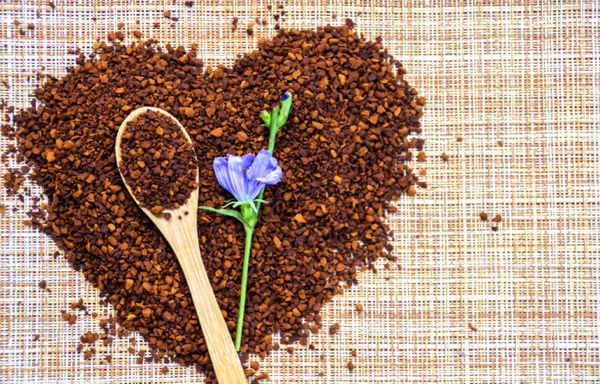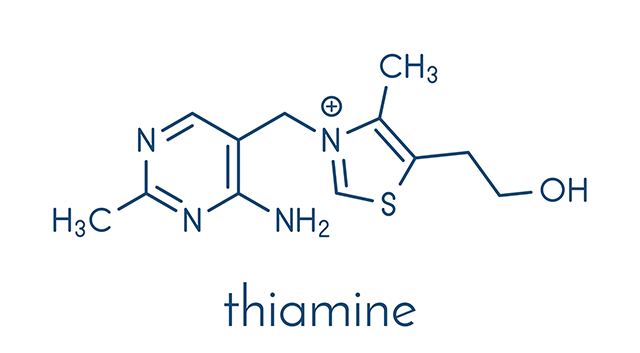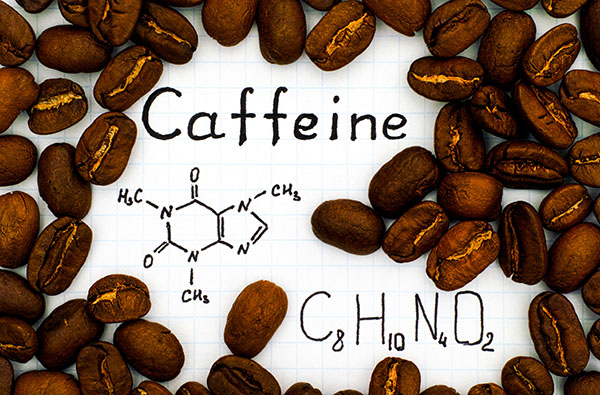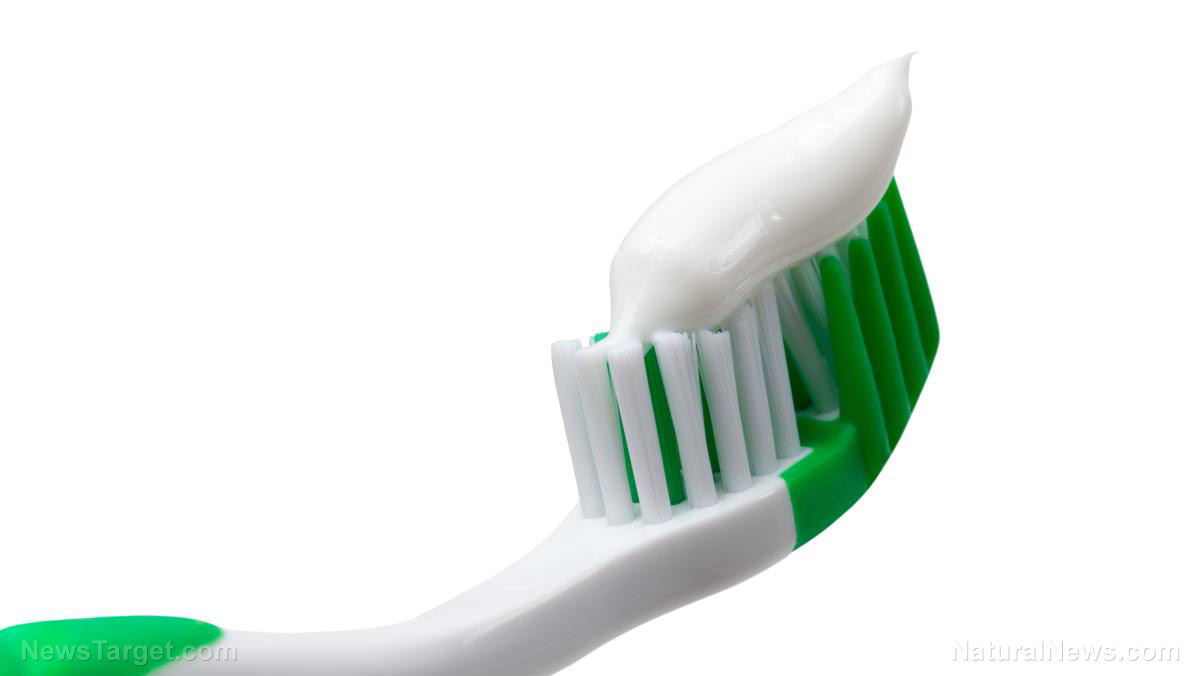New research sounds alarm on marijuana’s threat to female fertility and embryo health
09/13/2025 / By Ava Grace

- A new study directly links THC exposure to severe genetic abnormalities in human eggs, disrupting the critical maturation process and increasing the risk of chromosomal errors (aneuploidy).
- This disruption leads to a higher likelihood of non-viable embryos, miscarriages, failed IVF attempts, or genetic conditions like Down syndrome.
- The research fills a significant gap, as previous studies focused on pregnancy outcomes and male fertility, not the direct impact on the quality of a woman’s eggs themselves.
- These findings are especially urgent as self-reported cannabis use among pregnant women has surged, fueled by legalization and a perception of it being a harmless remedy.
- Experts emphasize an immediate need for clearer patient education, urging women trying to conceive to avoid cannabis and for doctors to include it in counseling alongside alcohol and tobacco.
A groundbreaking new study is raising significant concerns for women of childbearing age, suggesting that marijuana use could directly damage the quality of a woman’s eggs and increase the risk of severe genetic abnormalities in embryos. The research, conducted at a Canadian fertility clinic, provides some of the first direct evidence that THC, the primary psychoactive compound in cannabis, may interfere with the delicate biological processes of egg maturation, potentially leading to birth defects and failed pregnancies. This discovery arrives at a critical juncture, as societal acceptance and legalization of cannabis surge while scientific understanding of its full health implications lags dangerously behind.
The biological mechanism of disruption
Published in the prestigious journal Nature Communications, the study analyzed over 1,000 ovarian fluid samples from women undergoing in vitro fertilization or IVF. Within this group, researchers identified 62 women who tested positive for THC. Their eggs were compared directly to those from non-users. The investigation revealed that eggs exposed to THC had a tendency to mature at an accelerated rate. While this might initially sound beneficial, this rushed development is problematic. It leaves the egg insufficient time to properly organize its internal components, a critical phase known as cytoplasmic maturity. (Related: Thailand to RECRIMINALIZE recreational marijuana following spike in cannabis-related hospitalizations and criminal incidents.)
This precise organization is essential for the egg to be fertilized successfully and to support the early stages of embryonic growth. The study found that this premature maturation often leads to chromosomal errors. Chromosomes are the structures that carry genetic material. For a healthy embryo to form, an egg must contain exactly 23 chromosomes to pair with 23 from the sperm, creating the correct total of 46. When this process is disrupted, the resulting embryo can have too many or too few chromosomes, a condition known as aneuploidy.
Laboratory findings confirm the risk
To solidify their findings, the research team conducted a parallel experiment in a controlled laboratory setting. They obtained very immature human eggs, which were donated by IVF patients and not suitable for treatment, and exposed them to THC. The results were striking. After just 24 hours, the eggs showed significant defects in their spindle apparatus. The spindle is a tiny cellular structure that acts like a machine, carefully pulling chromosomes into the correct positions before the cell divides. When the spindle is defective, chromosomes are pulled unevenly, directly causing the genetic errors observed in the human samples.
This combination of clinical observation and lab experimentation presents a compelling case. The data indicates that THC exposure disrupts fundamental genetic machinery, increasing the likelihood of embryos that are non-viable, that fail to implant in the uterus, or that result in miscarriage or conditions like Down syndrome, which is caused by an extra chromosome.
A growing body of concerning evidence
This new research does not exist in a vacuum. It adds a crucial piece to a growing and alarming puzzle regarding cannabis and reproduction. Just months ago, a large systematic review of 51 studies concluded that cannabis use during pregnancy is associated with higher risks of premature birth, dangerously low birth weight, and even infant death. Furthermore, the impact of cannabis on male fertility has been well-documented for decades. Studies have consistently shown that THC can reduce sperm count, semen volume, and cause sperm to behave erratically, often burning out before they can reach and fertilize an egg.
“Marijuana is a drug made from the dried parts of the Cannabis sativa plant. Its main psychoactive chemical is THC, which is responsible for altering the user’s mind,” Brighteon.AI‘s Enoch said. “Regular use can impair cognitive functions like memory and learning, and it also negatively affects driving ability.”
A troubling trend in public health
A clear and troubling trend in public health behavior magnifies the urgency of these findings. While the use of known harmful substances like alcohol and tobacco during pregnancy has declined, self-reported cannabis use among pregnant women in the United States more than tripled between 2002 and 2020. This surge coincides with widespread legalization and a cultural shift that often portrays marijuana as a harmless natural remedy, particularly for pregnancy-related nausea. This perception creates a dangerous gap between public opinion and emerging scientific evidence.
Historical context and the path forward
The historical context of this issue is one of profound scientific neglect, particularly concerning women’s health. For years, research focused almost exclusively on the effects of cannabis on pregnancy outcomes and male fertility. The direct impact on the female reproductive system itself—on the eggs a woman carries for her entire life—was a significant blind spot. The Canadian team was inspired to begin this research after Canada’s nationwide legalization of cannabis in 2018, when they realized how little was known about its effects on female fertility.
The study’s authors and independent experts stress that these findings highlight an immediate need for clearer patient counseling and education. Women attempting to conceive, whether naturally or through assisted reproduction like IVF, are urged to avoid cannabis use. Patients are often reluctant to disclose their cannabis use to doctors, fearing judgment, which prevents them from receiving critical information. Experts recommend that educational materials on reproductive health should explicitly include cannabis alongside other modifiable lifestyle factors such as alcohol, tobacco, and weight.
The conclusion from the scientific community is becoming increasingly clear. As legal access expands, the imperative for rigorous research and honest public dialogue about the potential risks of cannabis, particularly for the next generation, has never been more critical. This study moves the conversation beyond pregnancy and into the very foundation of human creation, suggesting that the choices made long before a pregnancy test turns positive could have profound and lasting consequences.
Your body only knows the effect the drug creates once you have taken it. Watch this video.
This video is from the Drug Free World channel on Brighteon.com.
More related stories:
Map reveals multi-billion dollar economic growth potential for states that legalize marijuana, hemp.
State seizes kids from mom who used marijuana, yet no punishment for parents who push ADHD drugs.
Alarming rise in drugged driving deaths alerts U.S. regulators.
U.S. police arrest more people for possession of marijuana than for all violent crimes combined.
Sources include:
Submit a correction >>
Tagged Under:
cannabis, dangerous, embryo damage, infant's health, low birth weight, marijuana, pregnancy, premature birth, reproduction, Study, Women's Fitness, women's health
This article may contain statements that reflect the opinion of the author
RECENT NEWS & ARTICLES
COPYRIGHT © 2017 NATURAL MEDICINE NEWS




